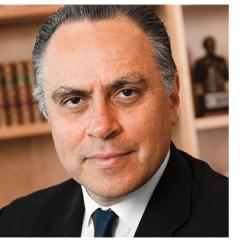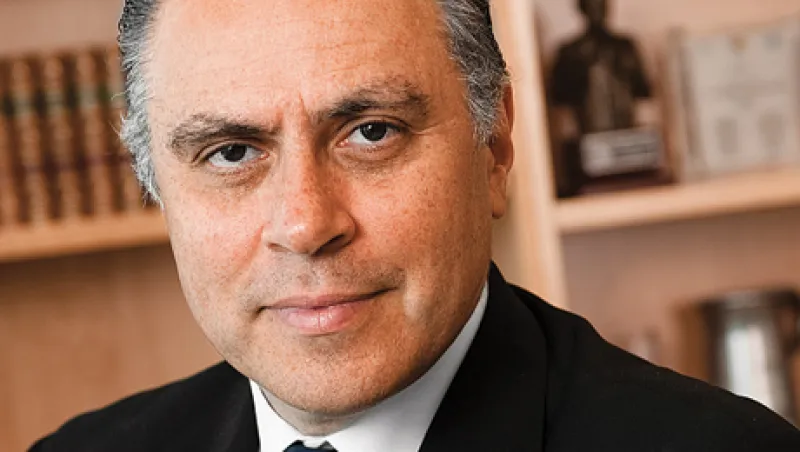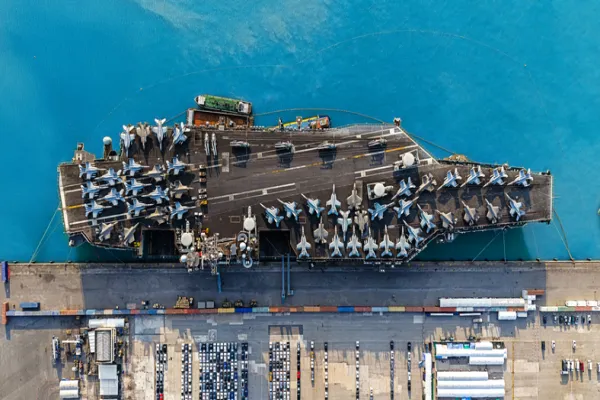When Citigroup’s biggest shareholder, Prince al-Waleed bin-Talal, wanted an introduction to new CEO Michael Corbat, the Saudi billionaire turned to Alberto Verme. Al-Waleed is one of a glittering roster of clients assigned to Verme, Citi’s chairman of banking for Europe, the Middle East and Africa. The London-based deal maker has built his career on his relationships with the powerful. Last year Verme logged 250,000 miles and attended more than 240 meetings with top executives. “I like to be as close to my clients as possible when they need me,” says the 55-year-old banker.
Verme spent much of the past summer advising Igor Sechin, president of Russia’s Rosneft, on the state-owned oil giant’s $55 billion acquisition of TNK-BP from U.K. oil company BP and Russia’s AAR Consortium, a venture of Alfa Group, Access Industries and Renova Group. The long-simmering deal will boost Citi’s EMEA M&A business when it closes in June. Last year the division ranked sixth worldwide, with $208 billion in deal volume, up 35 percent from 2011, according to Dealogic.
When he assumed his current post in November 2011, Verme inherited ten of the bank’s most valuable clients. Besides Rosneft and al-Waleed, they include U.K. telecommunications group Vodafone Group and Spanish power utility Iberdrola. “Alberto is a man of great integrity,” al-Waleed says. “We have a strong working relationship, and I also enjoy his company when we go walking together in the desert.”

Verme joined investment bank First Boston Corp.’s New York office as an intern in 1983 and embraced deal making after earning an MBA from Columbia Business School the following year. In the mid-1980s he worked on the landmark reprivatization of Rumasa, the giant Spanish conglomerate that was nationalized by the government in 1983 amid fraud accusations. Promoted to First Boston’s head of Spain in 1989, he moved to Madrid, where he pioneered cross-border deals such as Telefónica’s 1991 purchase of telecom assets from the Argentinean government. In 1994 he returned to New York to join Salomon Brothers as head of investment banking for Latin America.
Salomon merged with Citi in 1998. Three years later Citi promoted Verme to global head of energy and utilities, and he found himself at the center of several major deals. In 2003 he represented Russian oil concern Sibneft, whose majority shareholder was Roman Abramovich, on its proposed $14 billion merger with Moscow-based Yukos Oil Co. The deal collapsed after the Russian government arrested Yukos CEO Mikhail Khodorkovsky on fraud charges and effectively dismantled the company. In 2005, Verme advised Kremlin-controlled Gazprom on its $13.1 billion takeover of Sibneft. (An ardent soccer fan whose favorite team is Club Atlético de Madrid, he helped Abramovich buy England’s Chelsea Football Club in 2003.)
Before the two-step TNK-BP takeover, Citi had a long relationship with BP and close ties to AAR’s key shareholders, Leonard Blavatnik, Mikhail Fridman and Viktor Vekselberg. But it decided to work with Rosneft, Russia’s No. 1 oil producer. In October, Rosneft acquired 50 percent of TNK-BP from BP, which was scrambling to cover costs stemming from the 2010 explosion of its Deepwater Horizon oil platform, for $27 billion in cash and stock. The AAR principals received $28 billion for the other half. “I was surprised by Alberto’s instant reaction, as he showed an interest in the project and quickly responded,” says Rosneft’s Sechin through a translator.
Late last year Corbat announced that he would slash 11,000 jobs at Citi, but so far Verme’s division has fared well: Only about 200 out of 6,700 people have been let go from the EMEA institutional clients group. The father of three says he’s at the vanguard of his firm’s strategy to capture more deal flow in emerging markets.






